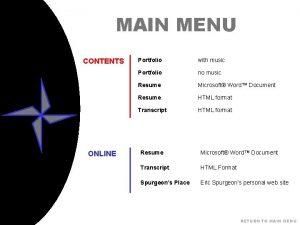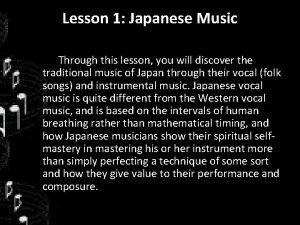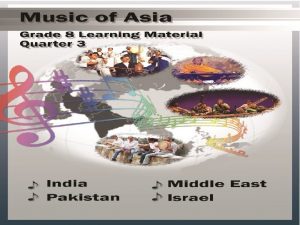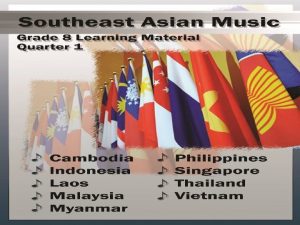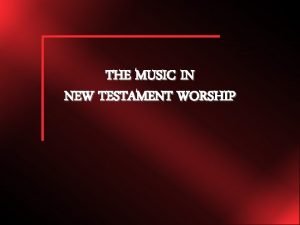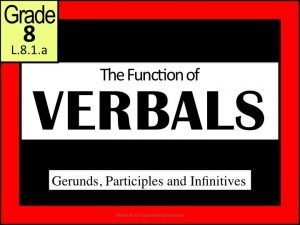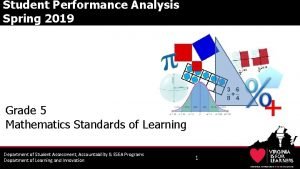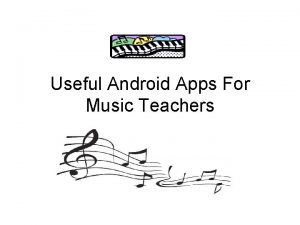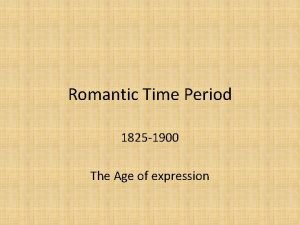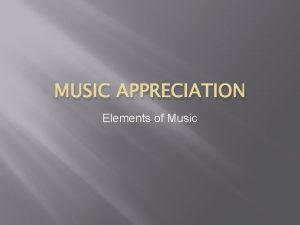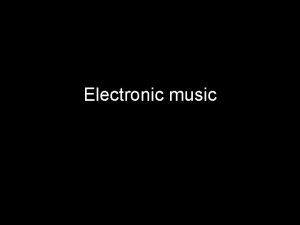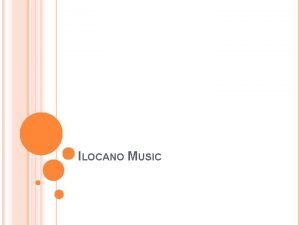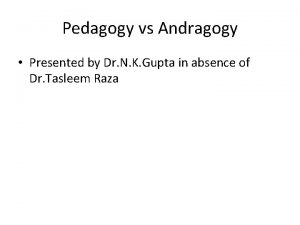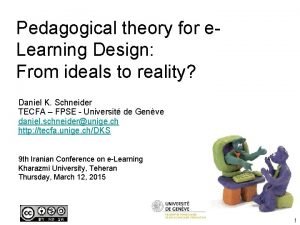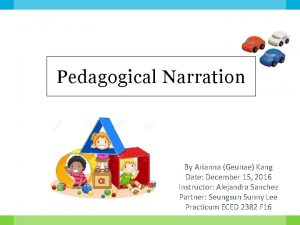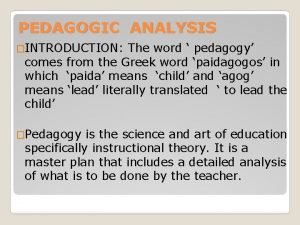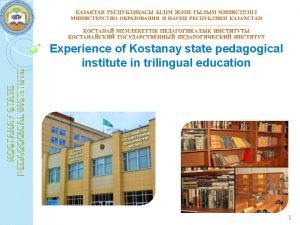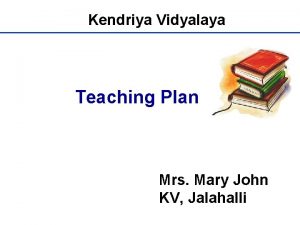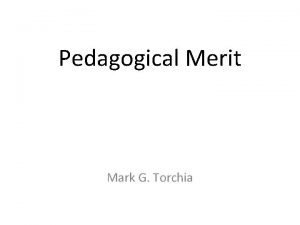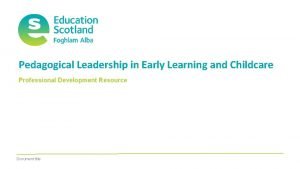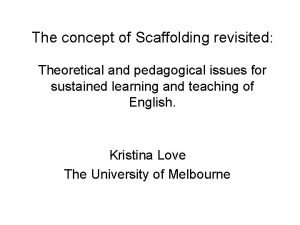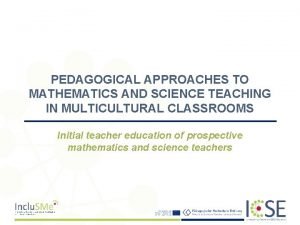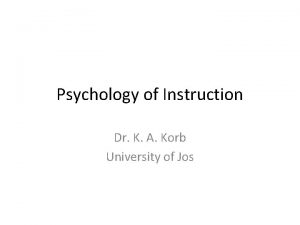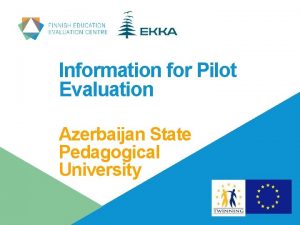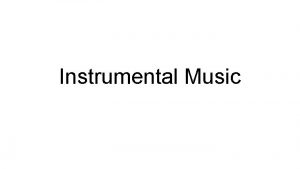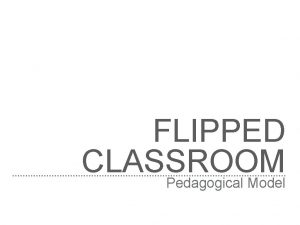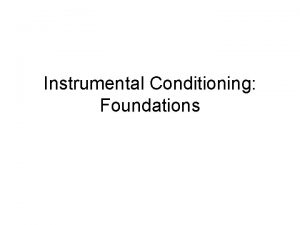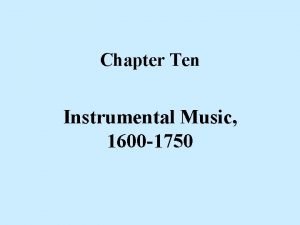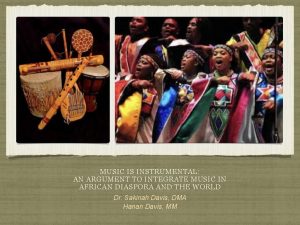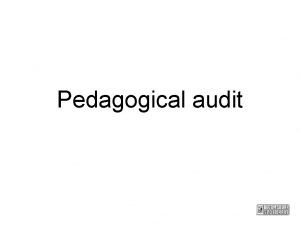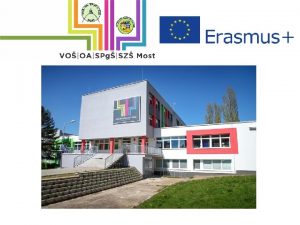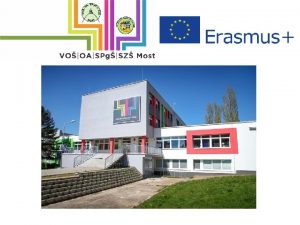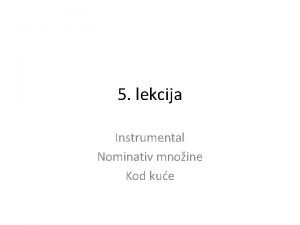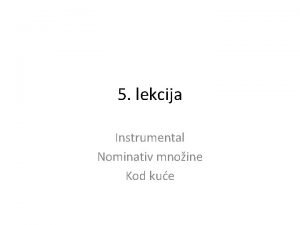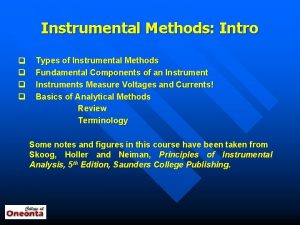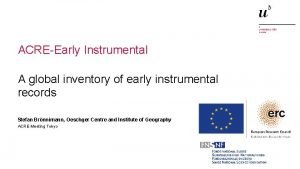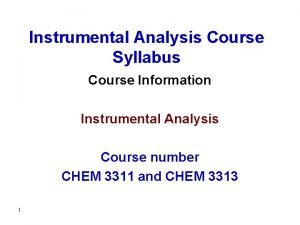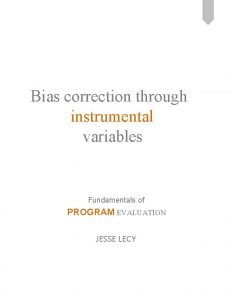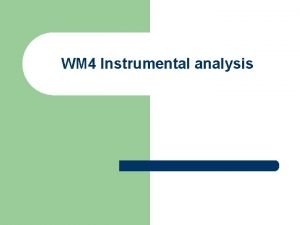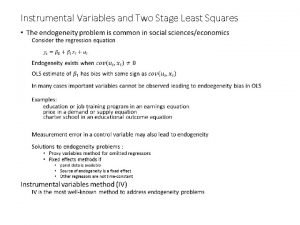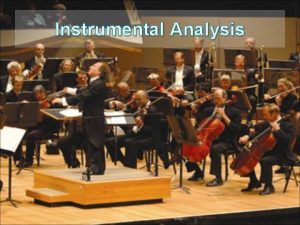Pedagogical Framework for Instrumental Music Teachers Department of


























- Slides: 26

Pedagogical Framework for Instrumental Music Teachers Department of Education & Training All Regions, 2016 - 2020

Information & Instructions This, and accompanying resources, are designed to assist in the explanation and implementation of the Instrumental Music Pedagogical Framework. Click on any images and icons on each page to navigate through this. An image on subsequent pages will take you to an ed. Studio page with associated resources for the Instrumental Music Pedagogical Framework. You will need an EQ staff login to access these resources. Should you have questions regarding the implementation of the Instrumental Music Pedagogical Framework, or its resources, please contact your Regional Music Coordinator, project officers, or discuss the query with your principal.

Home

Students becoming musicians Central to the Pedagogical Framework for Instrumental Music Teachers is the overarching goal of students becoming musicians. Students are, of course, the focal point of all that we do as teachers. Students becoming musicians Literacy, Technique, Performance The goal then that students would become musicians is achieved through development of music Literacy, Technique and Performance, under which the 11 Areas of Learning and Skill Development from the Instrumental Music Program may be organised.

Areas of Learning & Skill Development Students becoming musicians Literacy, Technique, Performance

Core Principles According to the Department’s policy on Pedagogical frameworks, Each school is required to have a pedagogical framework that is collaboratively developed with the school community to ensure ‘high quality, evidence-based teaching practices focused on success for every student 1’. 1 Every student succeeding – State Schools Strategy 2014 -2018 Given that Instrumental Music teachers will likely work within schools that have adopted different frameworks and that the policy states that all pedagogical frameworks are to “reflect the following core systemic principles”: 1. student-centred planning 2. high expectations 3. alignment of curriculum, pedagogy and assessment 4. evidence-based decision making 5. targeted and scaffolded instruction 6. safe, supportive, connected and inclusive learning environments in designing the Pedagogical Framework for Instrumental Music teachers, these core principles have become the focus or lens through which view all other aspects of teaching are viewed.

PLANNING

PLANNING > Work Programs · Long-term planning and goal-setting · Scope and sequence mapped from syllabus · Line of sight evident in planning · Work Program designed for school context/s

PLANNING > Targeted Planning · Improvement agenda for each student · Specific learning goals per semester and term · Daily lesson plans align with longer-term planning and syllabus documents

PLANNING > Assessment · Assessment is holistic and embedded in learning · Assessment feedback to inform future planning · Moderation to ensure consistency of standards and expectations

PLANNING > Reflection · Reflective planning · Ongoing reflection on outcomes of teaching used to inform future planning · Feedback from students, parents and school

TEACHING

TEACHING > Learning Intent · Learning goals derived from targeted planning · Specific learning goals articulated for each lesson · Learning intent evident to students · Success from the lesson is measurable

TEACHING > Lesson Structure · Typical lesson to include core components · Lesson components suit range of learning needs · Structure is well-sequenced with goals in mind · Students know routines of learning

TEACHING > Explicit Teaching · Explicit teaching of new concepts · Modelling and scaffolding of learning · I do, we do, you do it alone · Recap and revise new concepts

TEACHING > Reflection · Feedback given both formally and informally · Opportunities to improve based on feedback · Teach students to be reflective learners · Reflection on progress used to adapt planning

RELATIONSHIPS & COLLABORATION

RELATIONSHIPS > Collaboration · Support from schools, admin and music staff · Collaborating with peers in planning events · Peer observation and formal/informal mentoring · Cells and/or cluster-based networking

RELATIONSHIPS > Professional Learning · Actively seeking professional development · Performance development plans completed · Joining professional associations /discussion lists · Support to run region/cluster events

RELATIONSHIPS > Teacher/Student Relationships · Effective relationships developed and maintained · Knowledge of the learners and understanding of their backgrounds used to personalise learning · Teacher interacts in a calm and controlled manner

RELATIONSHIPS > Curriculum & Pedagogy Support · Accessible and targeted PD offered by region · Project officers support curriculum and pedagogy · Mentoring Beginning Teachers program · Involvement in state, region and cluster events

HIGH EXPECTATIONS

HIGH EXPECTATIONS > Outcomes · High level outcomes for students · Clear progression of learning across yr 3 -12 · Measurable progress made each semester · All students have opportunity to succeed

HIGH EXPECTATIONS > Engagement · Learning is visible in every lesson · Students are active learners · Students are aware of learning intents and goals · Classroom is an engaging learning environment

HIGH EXPECTATIONS > Higher Order Thinking · Deep learning facilitated · Higher order thinking skills taught · Flipping the classroom · Authentic contexts for learning and assessment

HIGH EXPECTATIONS > Classroom Management · Equitable and supportive classroom environment · Range of strategies to meet student needs · Clearly articulated routines and expectations · Behaviour and rehearsal etiquette explicitly taught
 Online music portfolio
Online music portfolio It is basically meditative in character
It is basically meditative in character Israeli singers have a distinct vocal style in singing
Israeli singers have a distinct vocal style in singing What is baroque
What is baroque The song listed below belong to the different countries
The song listed below belong to the different countries Music in the new testament
Music in the new testament Kim kroll teachers pay teachers
Kim kroll teachers pay teachers Sol score range
Sol score range Android apps for music teachers
Android apps for music teachers Classical vs romantic art
Classical vs romantic art Texture refers to loudness and quietness of music
Texture refers to loudness and quietness of music A music that employs electronic musical instruments
A music that employs electronic musical instruments Classification of pamulinawen
Classification of pamulinawen Pedagogy vs andragogy
Pedagogy vs andragogy Pedagogical translation
Pedagogical translation Pedagogical theory
Pedagogical theory Pedagogical narration example
Pedagogical narration example Steps of pedagogical analysis
Steps of pedagogical analysis Kostanay state pedagogical institute
Kostanay state pedagogical institute Kendriya vidyalaya annual pedagogical plan
Kendriya vidyalaya annual pedagogical plan How to pronounce merit
How to pronounce merit Pedagogical leadership in early childhood
Pedagogical leadership in early childhood Nukus state pedagogical institute
Nukus state pedagogical institute Pedagogical scaffolding
Pedagogical scaffolding Pedagogical approaches to teaching math
Pedagogical approaches to teaching math Rote memorization
Rote memorization Azerbaijan state pedagogical university
Azerbaijan state pedagogical university
